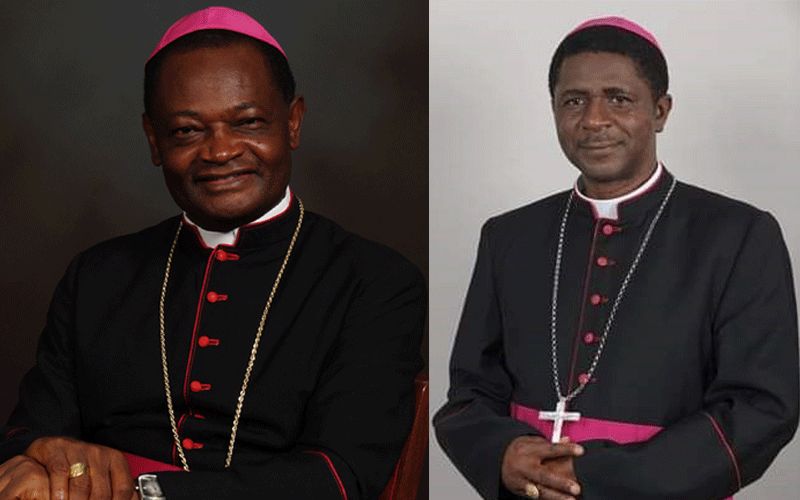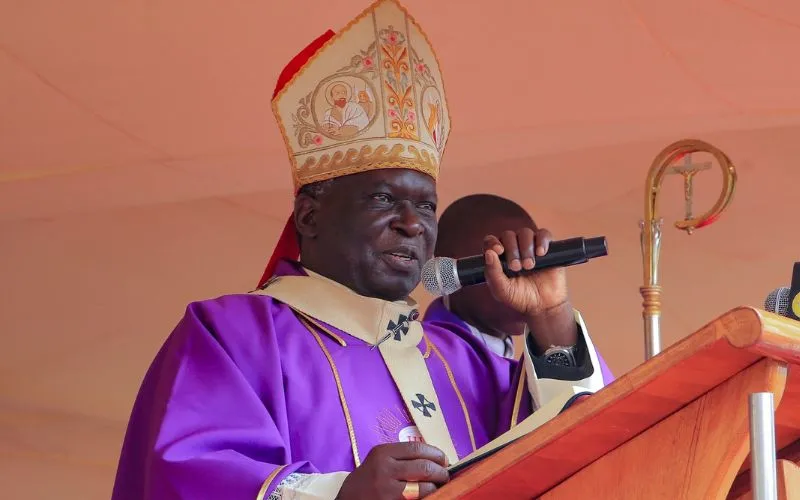Bamenda, 29 April, 2020 / 1:00 am (ACI Africa).
Two Bishops in the midst of the protracted Anglophone crisis in the Central African nation of Cameroon have, in an interview with ACI Africa, reflected on the challenge that COVID-19 crisis presents to their pastoral ministry, one of them describing the experience as “no easy job.”
“Shuffling between two crises is no easy job. So, faced with the COVID-19 pandemic, the situation becomes worse,” Bishop George Nkuo of Kumbo, a diocese located in the Northwestern region of Cameroon told ACI Africa Monday, April 27, referencing the ongoing protracted Anglophone crisis amid COVID-19 restrictions.
Bishop Nkuo explained, “Contradictory directives from separatists and state put people out of their homes, exposing them to stray bullets and further endangering their lives to COVID-19.”
The Cameroonian Bishop who has been at the helm of his diocese since July 2006 added, “The sporadic opening of public places such as markets, after days of lockdown from separatist fighters leads to overcrowding and negative effects from non-respect of social distancing, increasing the possibility of the spread of the virus even to these fighters.”
In addition, the 67-year-old Prelate reflected, “The military who themselves neither wear face masks nor use hand sanitizers extort from people who do not also wear a mask or use hand sanitizers. At the advent of the virus, the military will be affected and will also help spread.”








